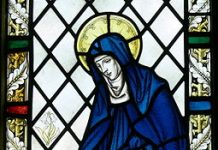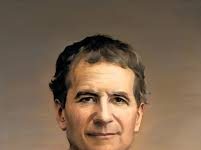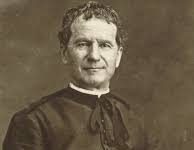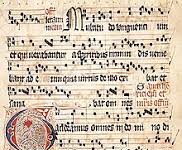Advent, as a season of quiet, sombre waiting, has become a thing of the past. There are several reasons for the change. Obviously, commercialism has much to do with it. As well, there’s the irrepressible desire to brighten the winter nights with lights, as the ancient Romans did in celebrating the winter solstice.
Surprisingly, Christianity has also had a role in the transformation of Advent from a quasi-penitential season to one of parties and celebration. The reason for this effect is historical. In the old days, families were closely knit and communities were stable. People stayed near home, and the feast of Christmas was waited for and prepared for by an attitude formed by the prophet Isaiah, the precursor, John the Baptist, and the pregnant Virgin. This period of attentive waiting climaxed on Christmas eve with a day of fast and abstinence. Christmas itself began with midnight Mass, and the celebration continued until twelfth night, 6 January, the feast of the Epiphany.
When people had moved away from the home to work in businesses, factories, schools and so forth, they would quit their places of work to return home for Christmas. But, quite naturally, before doing so they wanted to celebrate with their colleagues. And so, the practice of anticipating Christmas with parties at work began, intensified as society became more and more secular.
In a way, I welcome the secular spirit, by which we are in fact celebrating nothing more than a festival of light in order to dispel the gloom of the dark time of the year. For it allows us Catholics leeway to focus on the religious character of the season in its bare churches, its purple vestments, and its invitation for each of us to prepare for the coming of Christ, historically, yes, but also with a new dynamism into our hearts at Christmas.











